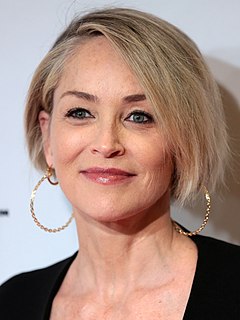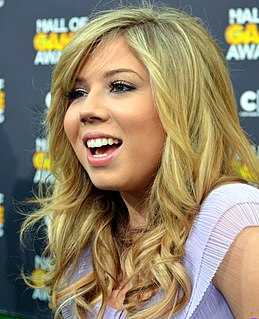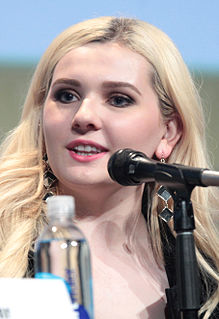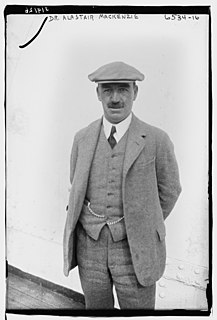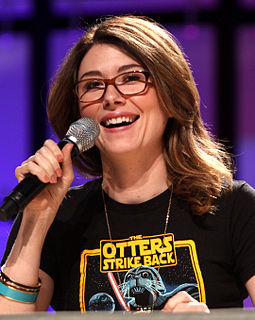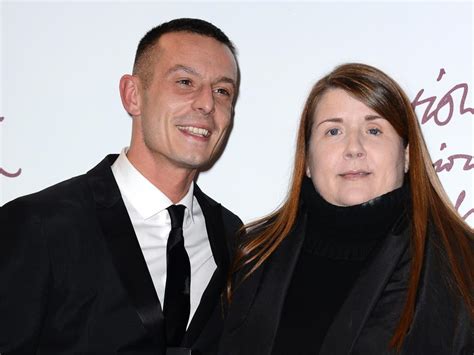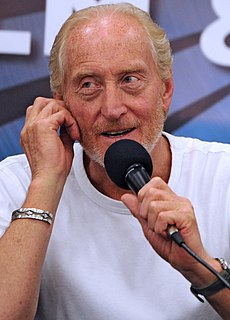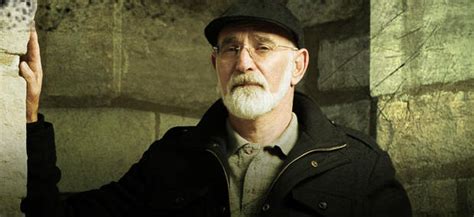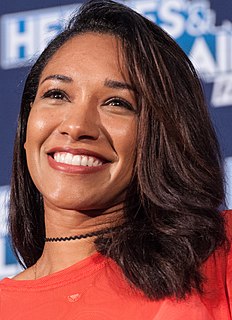A Quote by Sharon Stone
TV is so different from the movies. It takes a lot of stamina because you work such long hours. It is really challenging. You are learning the next day's lines while you are shooting today's scenes. I found courage I never realised I had. I hope to do more.
Related Quotes
It's a different rhythm than most movies. For a lot of the actors, you're 12,000 miles away from home. It becomes a way of life - getting up at five in the morning, shooting every day, day in day out, for 270 days. The new cast playing the dwarves were carrying incredibly heavy weights in their suits, they sat through hours of make-up every day. So it's quite challenging from a stamina point of view.
I left the studio at 5:30 in the morning. It's an incredible mind exercise. You have to, obviously, have stamina, but you really feel like you're kind of feeding your mind. It's a challenge of learning lines very fast and then you have to be lose enough to hopefully make good choices in a much shorter amount of time that it takes to film certain scenes.
The only real difference between shooting 'Firefly' and 'Serenity' was that on 'Serenity,' we had a lot more freedom with time. When you're shooting a television show, you usually have anywhere between six and nine pages of script to shoot a day, and only twelve hours to do it. But with 'Serenity,' we could shoot one scene all day long.
Somebody comes to your house. You know they're coming, so it's not a surprise. And they give you an envelope that has your scenes in it. And they sit in the car outside for a half an hour while you read your scenes, then they ring your doorbell and you give your scenes back. Then you shoot the movie a few weeks later or something. The next time you see your scenes is the night before you start shooting. I never read the script [Blue Jasmine], so I didn't really know what it was about.
I got a lot of energy from directing the film 'Ladies In Lavender.' You wonder if you have the stamina because as an actor you can lounge around the trailer during the scenes you're not in, but as a director, you're there from first thing in the morning to last thing at night every day of the week. I found it incredibly energising.
I'm connected with a lot of different paranormal groups out there worldwide, a lot of different spiritual people. My networking over the course of the past 40 years has really grown where I deal with quite a bit. There's a lot of work that I do behind-the-scenes that I just don't ever talk about or things that don't always come to the forefront as far as investigating and getting involved with spiritual people, meaning any type of clergy, because I do work with a lot of them behind-the-scenes.
I learn my lines in a few different ways. A lot of my dialogue sticks with me in a general sort of way when I read the entire script for the first or second time. Then, when I get the shooting schedule, I have a better idea of what scenes are shooting when. I then will focus on those that are coming up first.
